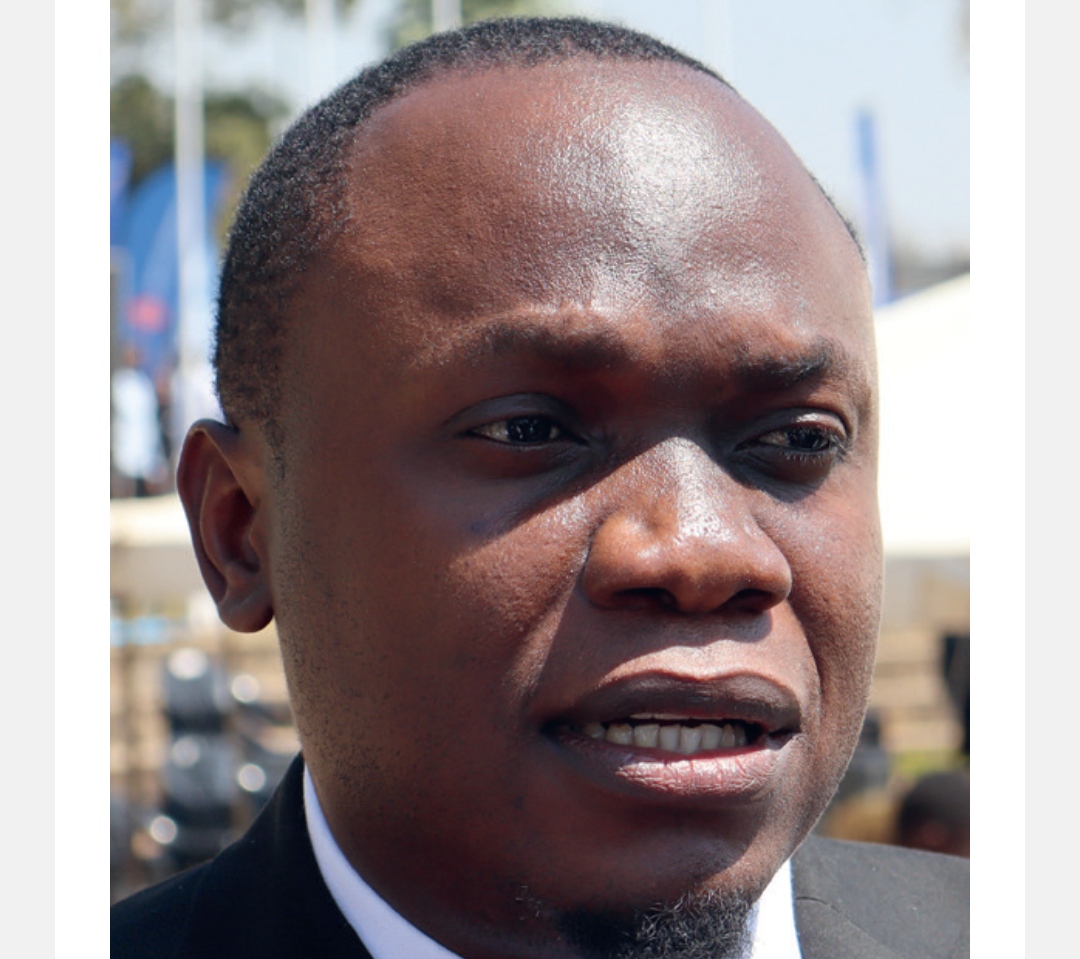By Contributor
Malawians face an immediate squeeze on household budgets following an increase in value-added tax (VAT) and introduction of restrictive taxes that threaten to punish the very low-income earners who were supposedly granted relief through restructured income tax.
In a bid to contain a widening fiscal deficit, the government has in the 2025/26 Mid-Year Budget Review increased VAT, tightened corporate taxation and restructured the Pay As You Earn (Paye) system.
These reforms come at a highly fragile moment for the economy, marked by elevated inflation, subdued growth and chronic foreign exchange shortages that continue to weigh heavily on both consumers and businesses.
Finance Minister Joseph Mwanamvekha delivered the 60-minute tax-and-spend statement to a full House on Friday, receiving rare bipartisan applause.
Yet, outside Parliament, the reforms have triggered deep concerns among economists, consumer advocates and the private sector, who warn that while the new tax regime may stabilise the fiscus, it will be at the expense of already-strained households and a fragile corporate sector.
Revised PAYE structure offers small relief, new pressures
The revised Paye structure shifts the tax burden more decisively towards higher earners.
Workers earning K170 000 or less will now pay no income tax after the zero-rate band was raised from K150 000, tokenism that is cancelled out by harsh corporate and consumer taxes.
The 25 percent tax band has been removed; incomes between K170 000 and K1.57 million will now attract 30 percent, those up to K10 million will be taxed at 35 percent, and a new 40 percent rate applies beyond that threshold.
For low-income earners, the higher zero-rate band provides modest relief, though rising VAT is expected to erode these gains almost immediately.
Middle-income earners, now placed in a flat 30 percent band, could see slightly higher liabilities, tightening disposable incomes already stretched by inflation. High earners, meanwhile, face the steepest marginal rate, making it harder for them to save, invest and create jobs.
VAT increase: prices set to rise
VAT has risen from 16.5 to 17.5 percent—its first upward adjustment in years. Consumer Association of Malawi (Cama) executive director John Kapito warned that the increase will “immediately push up the price of basic goods” such as cooking oil, sugar, soap and transport.

resources away
“This hurts consumers and industry. The more prices rise, the less consumers buy—and that means lower production and job losses,” he said.
Kapito also accused traders of manipulating the VAT system by refusing to issue receipts and colluding with corrupt officials to divert revenue that should reach the Treasury.
The result, he argued, is a system that “punishes poor Malawians while leaking money.”
For economist Velli Nyirongo, the VAT increase “is poorly suited to stabilisation” because it will compound existing inflationary pressures driven by food, fuel and fertiliser shocks.
He warned that headline inflation is likely to rise over the next year unless monetary policy remains firm and credible.
Private sector flags investment and growth risks
The private sector has called the tax package one of the most restrictive in recent years.
Malawi Confederation of Chambers of Commerce and Industry (MCCCI) president Wisely Phiri said the measures are “revenue-driven, not growth-driven,” adding that the cost of doing business will rise while consumer demand declines.
Phiri criticised the Minimum Alternate Tax (MAT)—which forces companies to pay 0.5 percent of turnover regardless of profitability—arguing that it will drain cash from firms still recovering from economic shocks.
“It diverts scarce resources away from investment and debt servicing. Capital-intensive sectors will suffer the most,” he said.
Lowering the threshold for the super-profit tax from K10 billion to K5 billion also risks sending a “negative signals to investors,” Phiri added, discouraging expansion and encouraging tax-avoidance strategies at a time when Malawi needs large-scale investment.
Tax experts warn of structural weaknesses
Tax consultant Emmanuel Kaluluma said the reforms reveal deeper problems in Malawi’s tax administration.
“VAT is meant for countries with high compliance. In Malawi, most businesses are closely held and can manipulate VAT declarations. Government should promote compliance, not raise rates,” he said.
He criticised the mid-year introduction of MAT as “a back-door admission of low compliance and a lack of taxpayer education,” adding that removing the 25 percent Paye band introduces unnecessary complexity.
“A good tax system should be simple. Shielding high-income groups with a zero-rate band defeats the objective of taxing the haves to support the have-nots,” he said.
A delicate balancing act
While the new taxes may offer the Treasury short-term breathing room, Nyirongo said long-term stability will depend on broader fiscal and monetary discipline.
“Taxes alone will not stabilise Malawi,” he said. “Without expenditure control, improved debt management and credible monetary policy, the new measures risk weakening demand, intensifying inflation and deterring investment.




